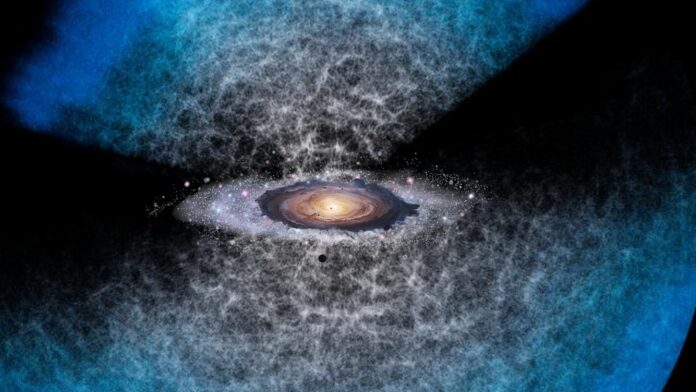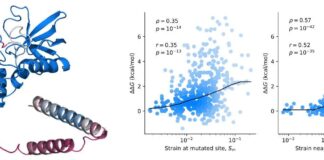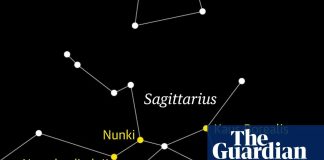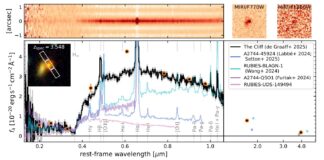For decades, scientists have believed that the expansion of our universe is accelerating, driven by a mysterious force called dark energy. However, groundbreaking new research suggests that this acceleration may be coming to an end, potentially revolutionizing our understanding of the cosmos and its ultimate fate.
The Shifting Landscape of Dark Energy
This unexpected finding builds upon earlier indications from the Dark Energy Spectroscopic Instrument (DESI), which last year pointed to a weakening of dark energy. Researchers from Yonsei University in South Korea, led by Young-Wook Lee, now propose that the universe’s expansion has already begun to slow down. If confirmed, this would mark a “major paradigm shift in cosmology since the discovery of dark energy 27 years ago.”
This potential shift has significant implications for how we envision the future of our universe. If the battle against gravity is being lost by dark energy, the expansion could eventually reverse, leading to a contraction. This scenario could result in a “Big Crunch” – a cosmic collapse akin to the Big Bang playing in reverse.
A Brief History of Dark Energy
The concept of dark energy arose in 1998 when astronomers observed distant Type Ia supernovas (“standard candles” due to their consistent brightness, used to measure cosmic distances). These observations revealed that galaxies were receding from us at an accelerating rate. To explain this phenomenon, scientists introduced the concept of dark energy – a placeholder force responsible for this accelerating expansion.
Over the following decades, scientists determined that dark energy makes up approximately 68% of the universe’s total energy-matter budget. Furthermore, they learned that it wasn’t always dominant, appearing to begin its reign and accelerate the universe’s expansion around 5 billion years ago, roughly 9 billion years after the Big Bang.
The Supernova Puzzle and Age-Related Bias
The latest challenge to our understanding of dark energy stems from a re-examination of Type Ia supernovas. The DESI project had initially pointed towards a future deceleration in cosmic expansion. However, Lee and his colleagues found that the brightness of these supernovas might be influenced by the age of the progenitor stars—that is, the stars that exploded to create them.
Specifically, the team found that even after standardizing the light from these supernovas, those originating from younger stellar populations appeared fainter than those from older populations. By applying a “bias correction” to account for this effect, the researchers suggest that their results challenge the current standard model of cosmology – the Lambda Cold Dark Matter (LCDM) model.
Based on a sample of 300 galaxies, the team estimates a 99.99% significance level, indicating that the dimming of distant Type Ia supernovas can be attributed not only to cosmic expansion but also to these stellar effects.
A Universe in Transition
The core conclusion of this research is that the universe is not currently expanding at an accelerating rate, but rather has already entered a phase of decelerating expansion—a more substantial shift than previously suggested by DESI.
“In the DESI project, the key results were obtained by combining uncorrected supernova data with baryonic acoustic oscillations measurements, leading to the conclusion that while the universe will decelerate in the future, it is still accelerating at present,” Lee explained. “By contrast, our analysis—which applies the age-bias correction—shows that the universe has already entered a decelerating phase today.”
What’s Next?
To further solidify these findings, the team plans to conduct an “evolution-free test,” utilizing only young Type Ia supernovas from young galaxies at a range of distances. The Vera C. Rubin Observatory, with its massive digital camera, is expected to play a crucial role in this investigation.
“Within the next five years, with the Vera C. Rubin Observatory discovering more than 20,000 new supernova host galaxies, precise age measurements will allow for a far more robust and definitive test of supernova cosmology,” stated Chul Chung, a team member.
The emerging picture suggests a universe undergoing a significant transition—one that could reshape our understanding of cosmic evolution and the ultimate fate of the cosmos. > The implications of a decelerating universe are profound, potentially leading to a very different long-term destiny for our universe than previously envisioned.























